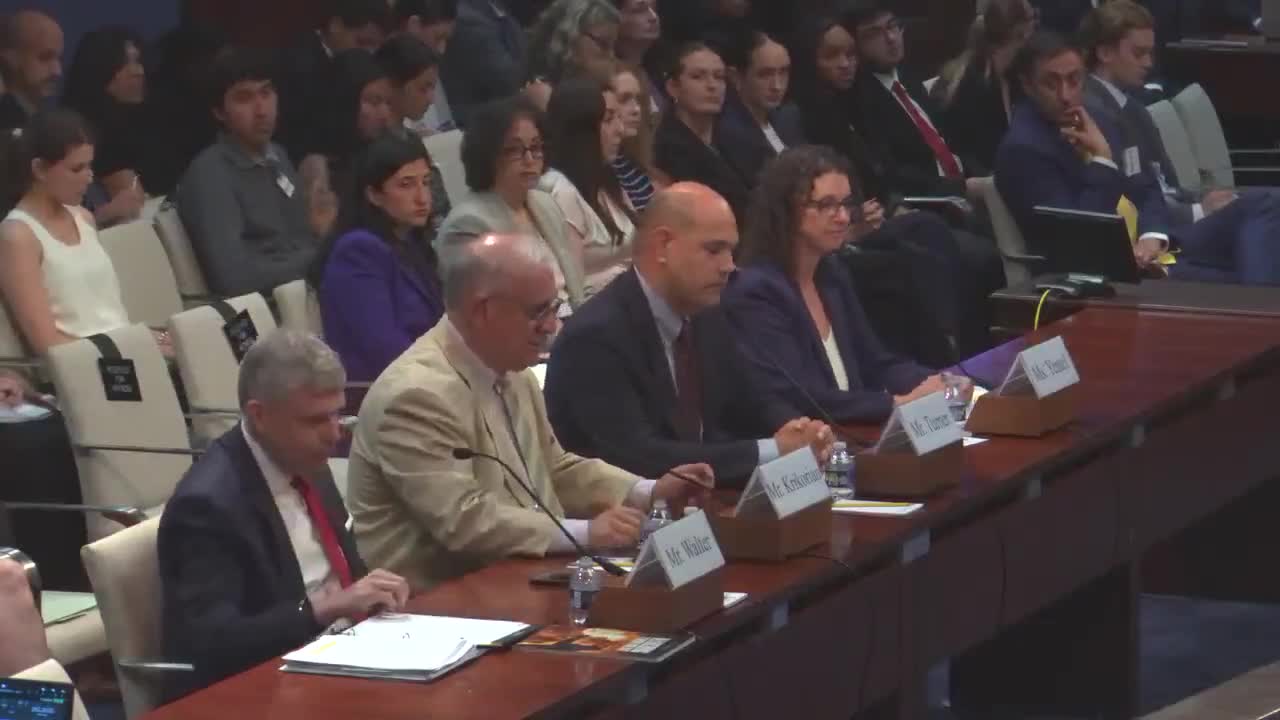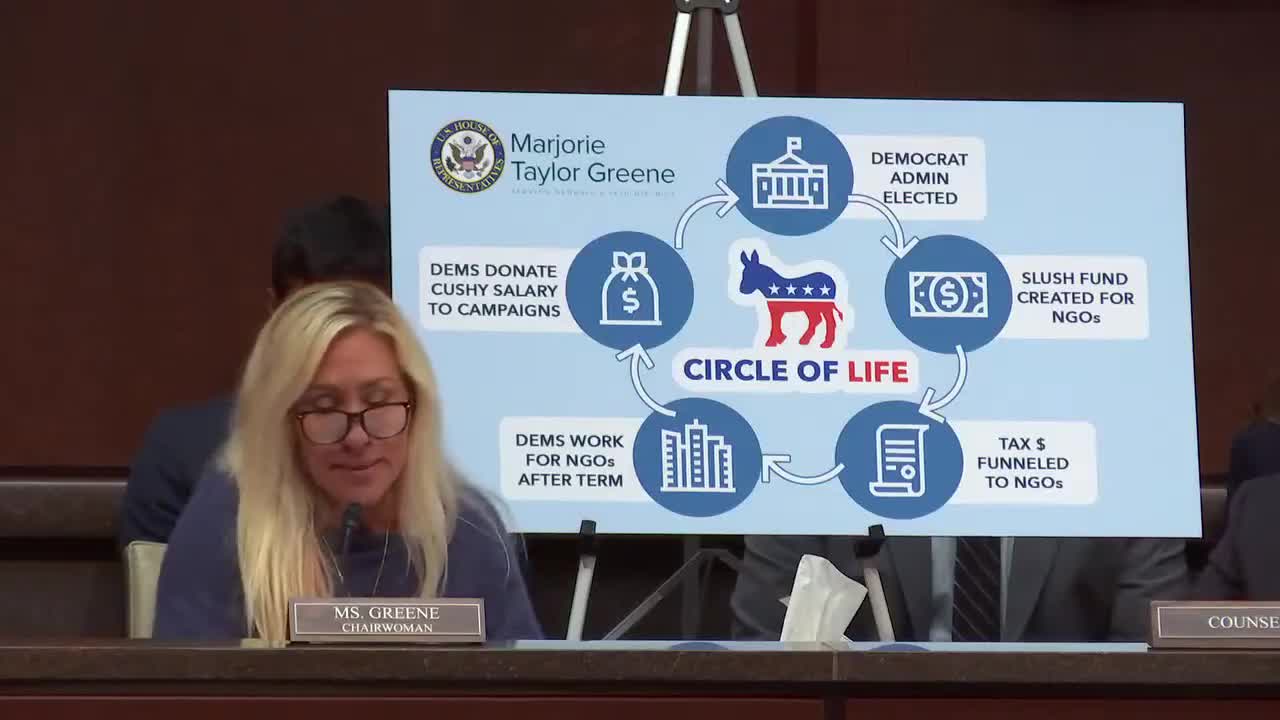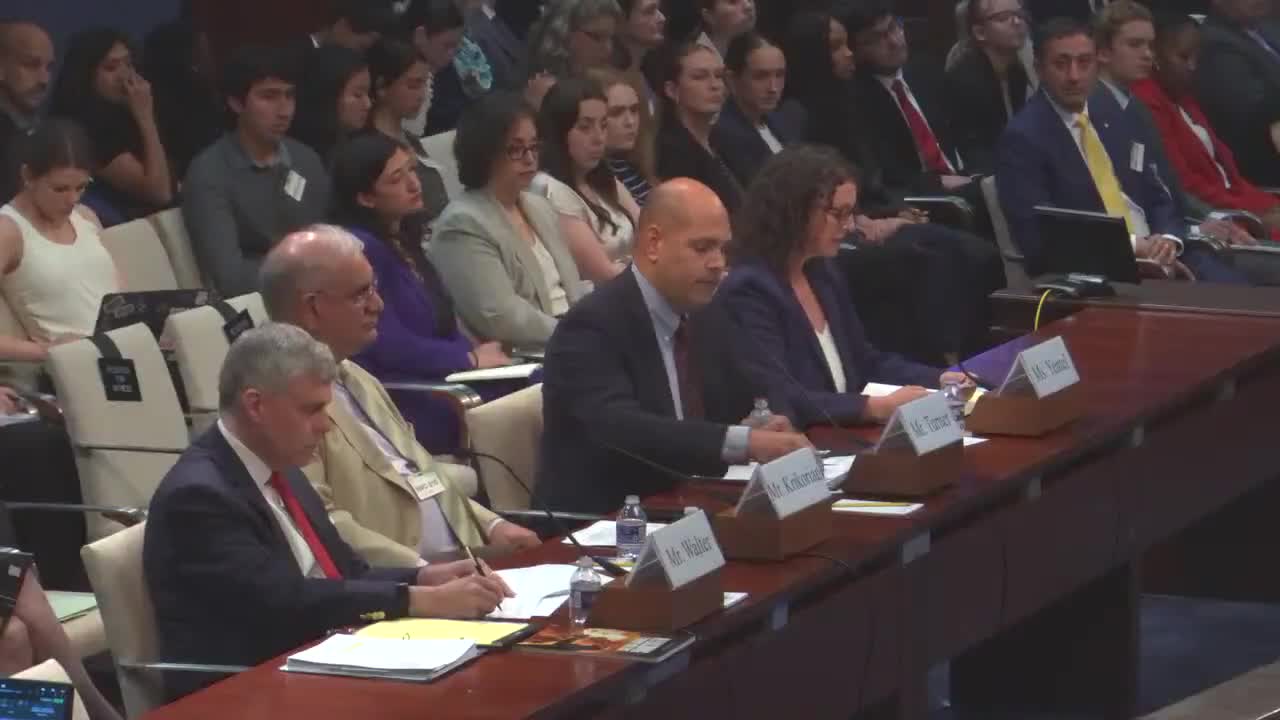Article not found
This article is no longer available. But don't worry—we've gathered other articles that discuss the same topic.

Witnesses tell House panel U.S.-funded NGOs and U.N. programs helped migrants traverse Latin America; some testimony hedges on direct criminal collusion

House subcommittee renews scrutiny of EPA climate grants after witnesses cite $20 billion Greenhouse Gas Reduction Fund awards

